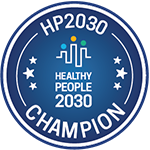The Gwinnett, Newton, & Rockdale County Environmental Health Departments will be offering several opportunities for food service owners and managers to attend a food training seminar to better prepare a facility for a health inspection.
The seminars are free and open to anyone who wants to attend. Please see the list of facilities below where the seminars will be held.
All seminars will be from 2:00 PM – 4:00 PM. If you have any questions, please contact our front office staff or Jason Reagan at 770-963-5132.
Gwinnett County
Grayson Room – August 7
J. Alvin Wilbanks Instructional Support Center
437 Old Peachtree Road
Suwanee, GA 30024
Newton County
Newton County Administrative Building – July 25
1St Floor Training Room
1113 Usher Street
Covington, GA 30014
Rockdale County
J.P. Carr Community Room – July 27
981 Taylor Street
Conyers, GA 30012


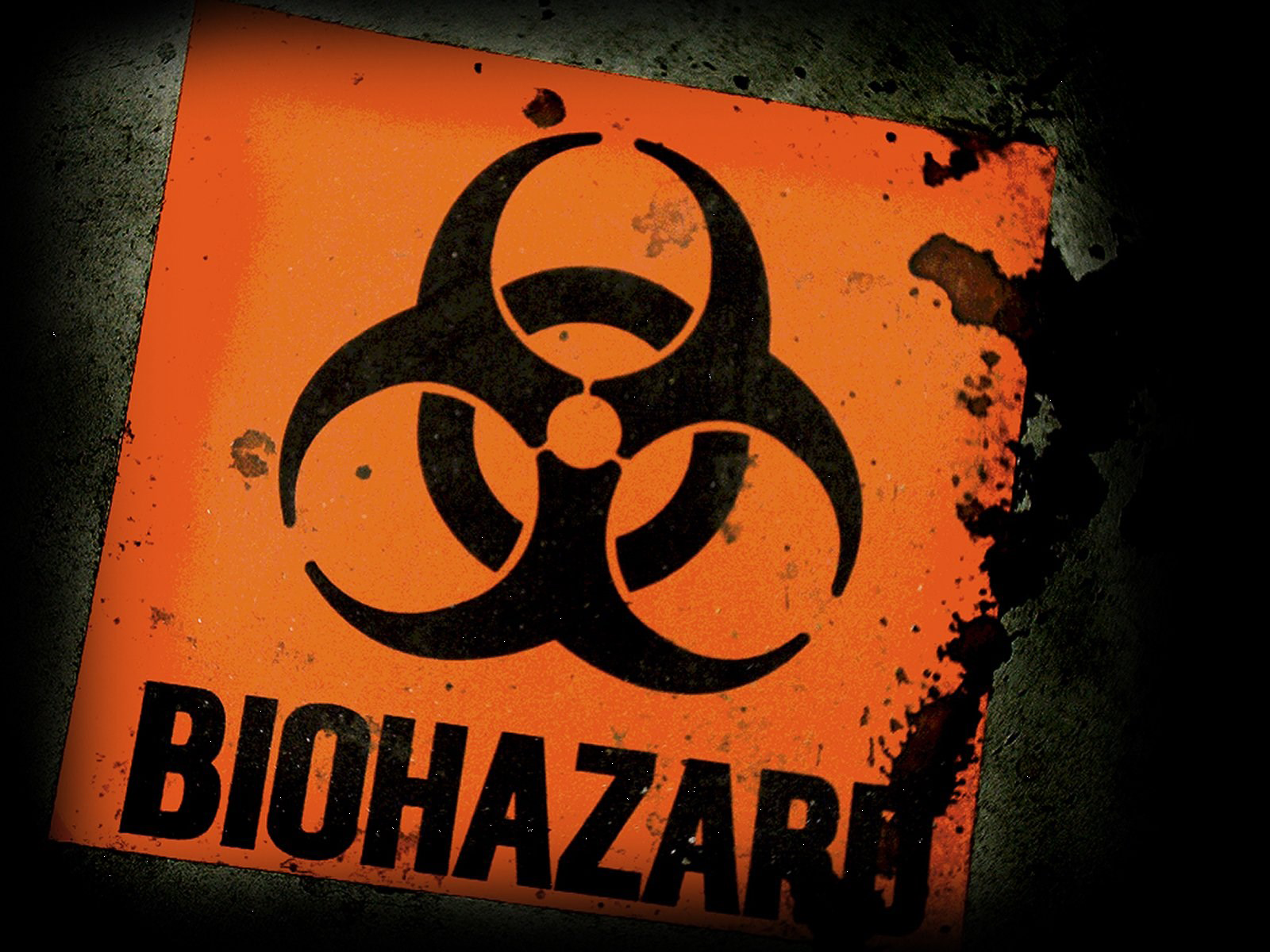
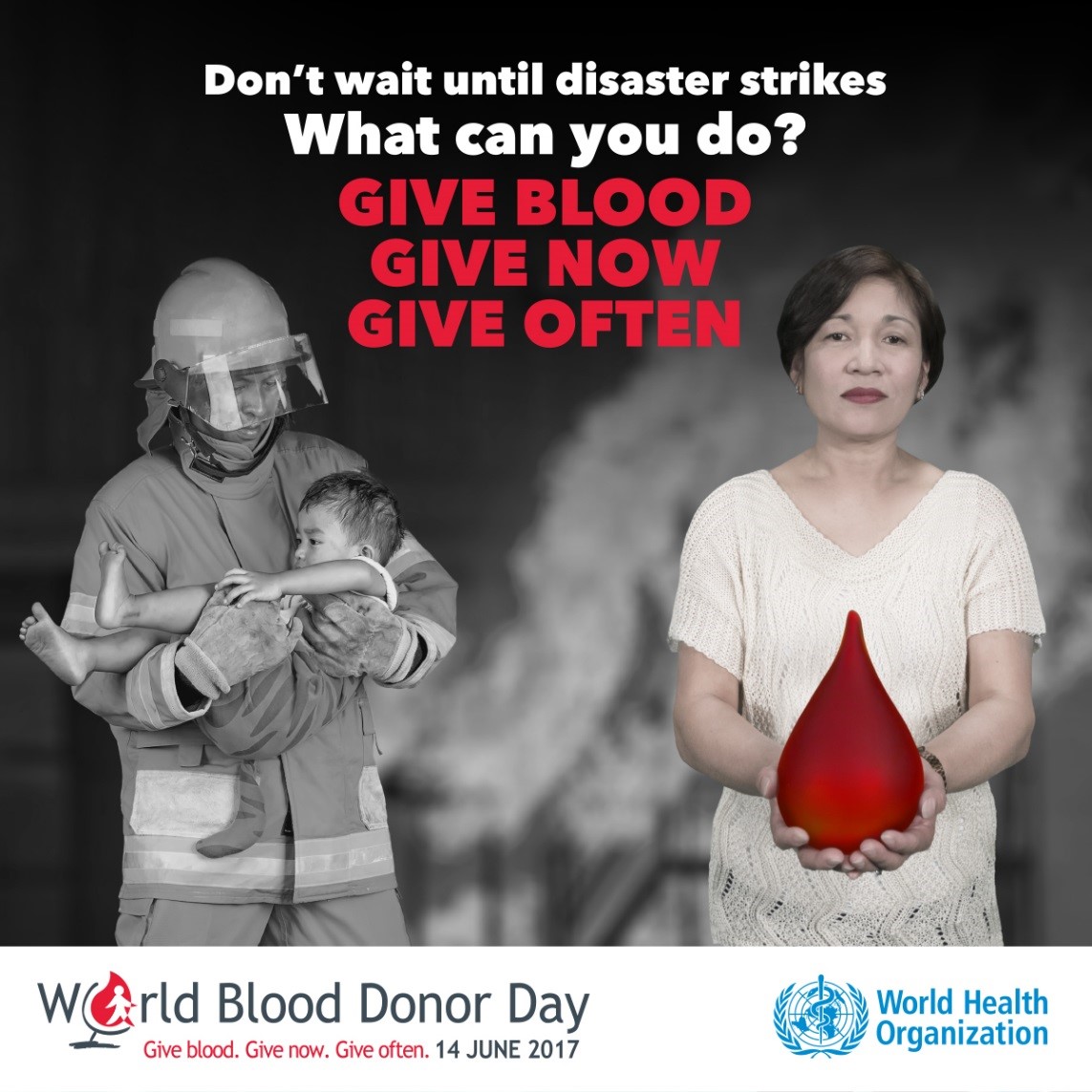


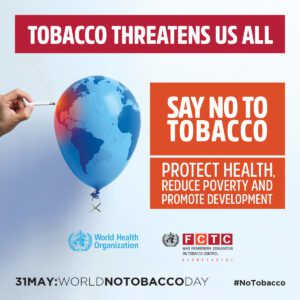
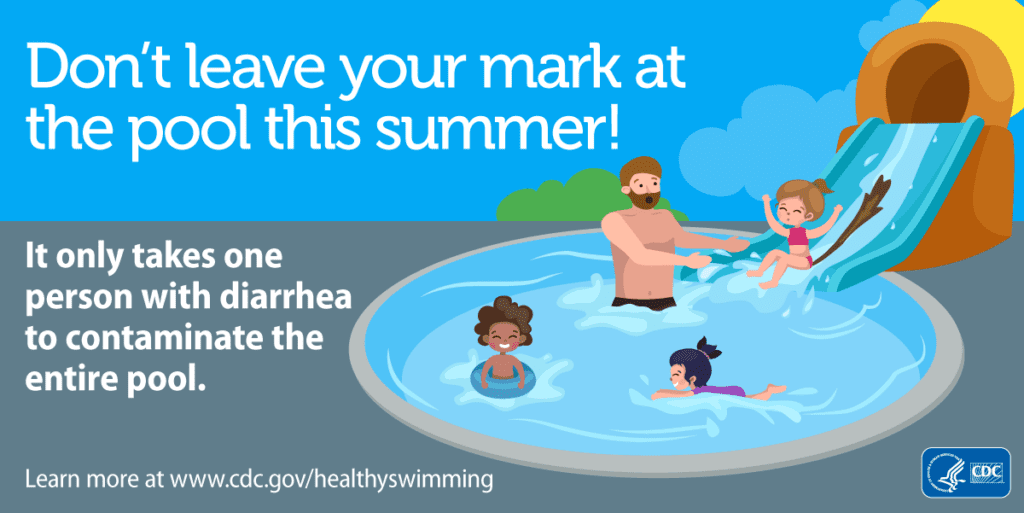
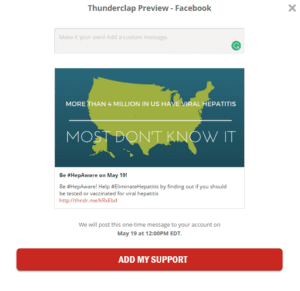 GNR Health takes social media to a whole new level. Ever heard of thunderclap? It’s a new crowdsourcing platform that’s been used by United Nations, the White House, and Beyoncé. It’s an online tool that posts a social media message on behalf of you or your organization on a specific time and day—think hundreds of different individuals or organizations posting a similar message at the exact same time— that’s a lot of people seeing the message.
GNR Health takes social media to a whole new level. Ever heard of thunderclap? It’s a new crowdsourcing platform that’s been used by United Nations, the White House, and Beyoncé. It’s an online tool that posts a social media message on behalf of you or your organization on a specific time and day—think hundreds of different individuals or organizations posting a similar message at the exact same time— that’s a lot of people seeing the message.